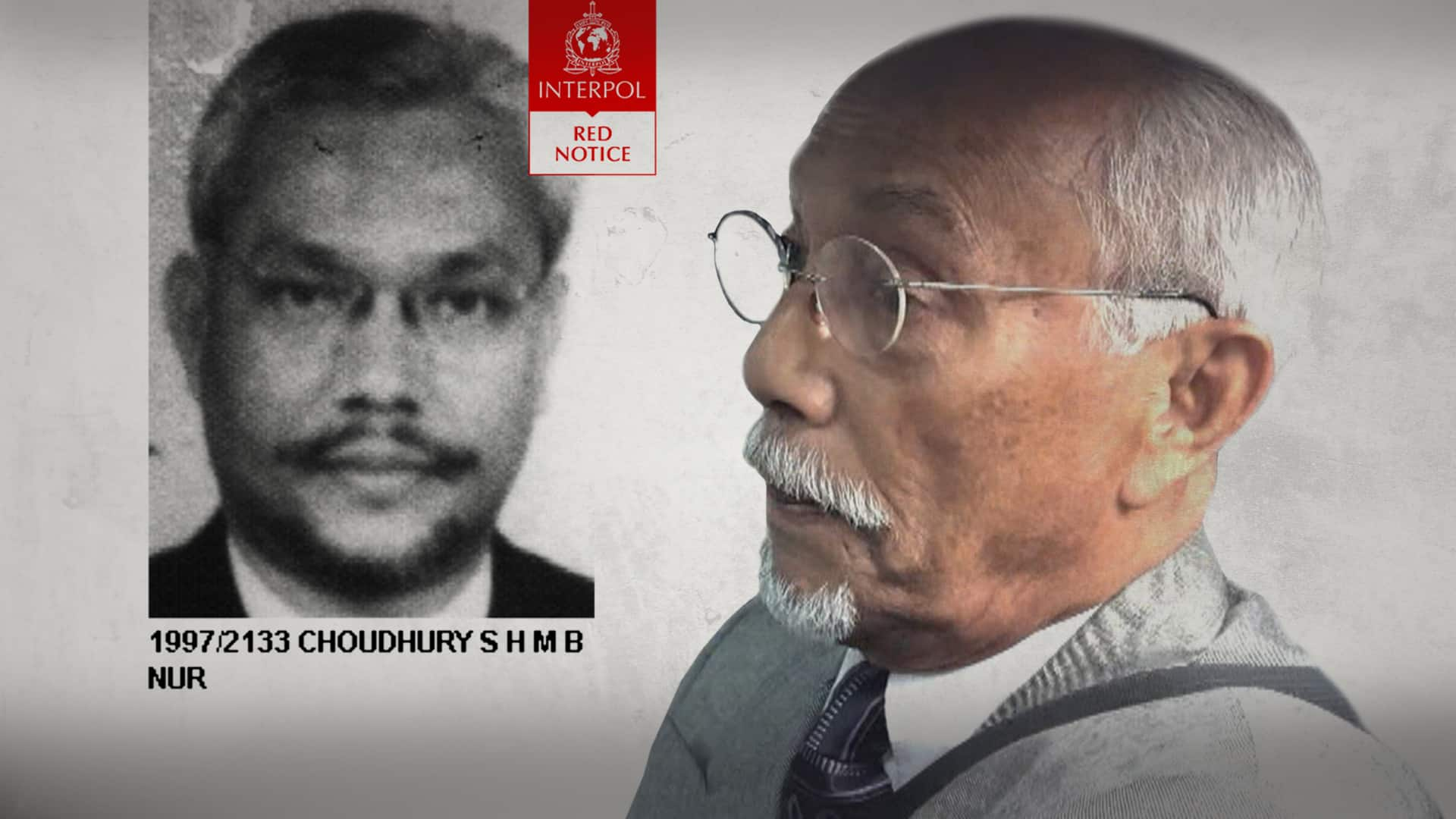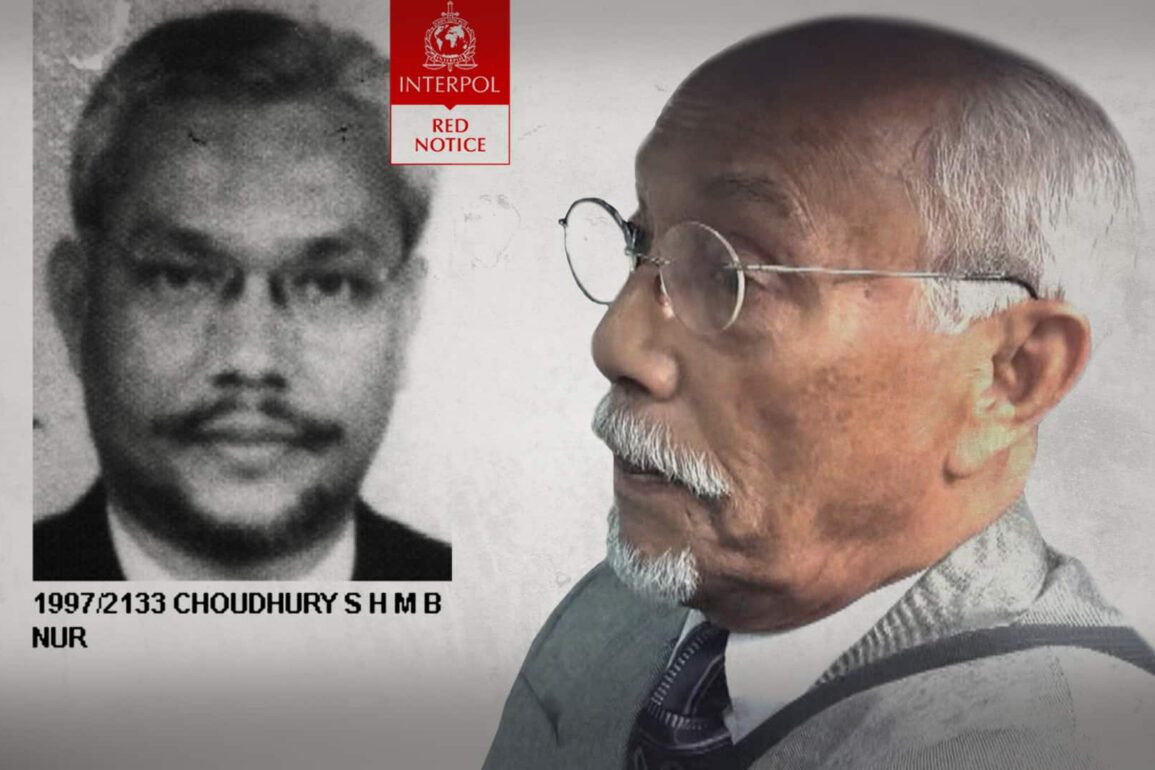
“We have incontrovertible evidence to show that he was there on that day, and he was one of the … persons who killed Bangabandhu Sheikh Mujibur Rahman,” Huq said in an interview in his office in Dhaka.
Chowdhury was tried in absentia for the murder of the former president and conspiracy to commit murder involving the rest of his family. The Dhaka District and Sessions Court appointed a lawyer to represent him. It took 12 years before all appeals were exhausted and a final verdict was issued in 2009. In the end, Chowdhury and 11 others were sentenced to death for their roles in the coup.
Since arriving in Canada, Chowdury has maintained an incredibly low profile. He has, however, spoken publicly once, to CBC Radio’s The Current in 2011, when he emphatically denied having any role in the coup.
“I’m innocent. I have not assassinated the president,” he said. “I’ve been set up. I seek justice and protection from the government of Canada.”
As a known critic, he said, the government of Bangladesh is out to get him.
“I do not rely on the justice system of Bangladesh. Justice is bought and sold there. All the reports will testify to that.”
According to his refugee claim, Chowdury was making T-Shirts for a political rally late into the night on the day the president was assassinated.
In 2002, Canada’s Immigration and Refugee Board issued its decision on Chowdhury’s claim for refugee status. It didn’t buy his story, calling his alibi “simply implausible” and finding, based on the evidence, that he was in fact “one of the conspirators.”
It went on to say: “There was no evidence that the trial of the applicant was unfair,” and in the end determined “the principal claimant is nothing more than a fugitive from justice.”
After a series of appeals and followup hearings, Canada issued a deportation order in 2006.
So why, 17 years later, is Chowdhury still living free in Canada?
This post was originally published on this site be sure to check out more of their content.









